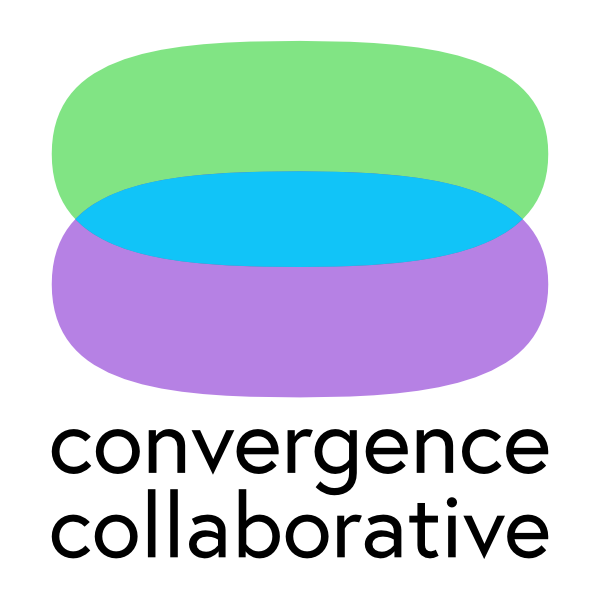Convergence at Everett Station Collaborative
The Convergence at Everett Station Collaborative (“Convergence Collaborative”), is a partnership between businesses, nonprofit organizations, public agencies, and community members to foster the development of the neighborhood as a prosperous, sustainable, and equitable community.
Priorities & Programs
Convergence Place Concept
The project seeks to align partners for the redevelopment of a current park & ride lot into a visionary mixed-use development with market rate and affordable housing, BIPOC-owned stores on the ground floor, and shared office space for nonprofit agencies. The adjacent 32nd Street would become a pedestrianized plaza that would serve as a neighborhood town square where farmers markets and other outdoor community events will be held.
Learn more
Community Development Institutions & Tools
In 2023, ESDA will be in the first year of implementing neighborhood services funding by a new business improvement area (BIA). In addition, to support our other priorities, several new institutions and tools may need to be established, including a public development authority, community development financial institution program, housing benefit district, and transportation management association.
Workforce Hub
ESDA has established a partnership between local colleges, businesses, and nonprofit workforce development organizations that will create a Workforce Hub to provide a pipeline of quality workers to support our neighborhood’s construction-related businesses while providing socioeconomic mobility for current and future residents. Utilizing existing businesses as sites for learning, the program will integrate experiential learning in neighborhood businesses with conceptual learning by combining college credit courses with pre-apprenticeships, apprenticeships, or internships.
Learn more
Health & Safety Initiative
To ensure the neighborhood is welcoming and safe, ESDA’s BIA-funded neighborhood ambassadors, Compass Health’s Community Outreach and Recovery Support (CORS) program, and the City of Everett’s Community Outreach & Enforcement Team (COET) will coordinate efforts. This will help provide pathways toward recovery for those experiencing homelessness and drug addiction.
Activation & Engagement
To foster a sense of community and inspire the public’s imagination of future transformations, ESDA will activate key outdoor spaces by supporting weekly farmers markets, hosting community events, creating inviting public spaces with food trucks and yard games, and installing murals. ESDA will host a neighborhood Town Hall Day that will bring together Convergence partners for an outdoor open house where members of the public can learn about what agencies, businesses, and organizations are doing for the neighborhood and to envision what the neighborhood could become.
Why “Convergence”
Like the infamous convergence weather pattern that makes Everett one of the rainiest places in the Central Puget Sound, the Everett Station District is a convergence of many forces:
Roadways into Downtown Everett.
10+ transit services.
Past and present industrial business activities with future transit-oriented job and housing growth.
Now, through the Convergence Collaborative, partners are converging to collaborate on how our neighborhood can grow equitably and gracefully.
Partners
The following organizations and people have signed letters of agreement to become partners of the Convergence Collaborative:
Axiom Construction NW
Compass Health
Enterprise Community Partners
Everett Community College
Everett Gospel Mission
Everett Station District Alliance
HopeWorks Social Enterprises
Housing Hope
JMC Cabinets & Interiors
Kaiser Permanente
M.L. Fox Architectural Woodwork
Volunteers of America Western Washington
WSU Everett
YMCA Snohomish County
YWCA Snohomish County
Structure
Implementation Committees
Workforce Development
Housing
Streetscapes, Mobility, & Placemaking
Documents
The Convergence Collaborative is an outgrowth of the community engagement process that culminated in the Convergence Study Report.
From October 2020 to March 2021, ESDA facilitated three public open houses, two community leadership briefings, three meetings of an equity committee, eight subject matter focus groups, and several property owner panel discussions. In all, more than 200 different people attended meetings for the study, and more than 100 people participated at a higher level in the equity committee and focus groups.
The Convergence Collaborative is a way for these conversations to turn the report’s recommendations into action.


